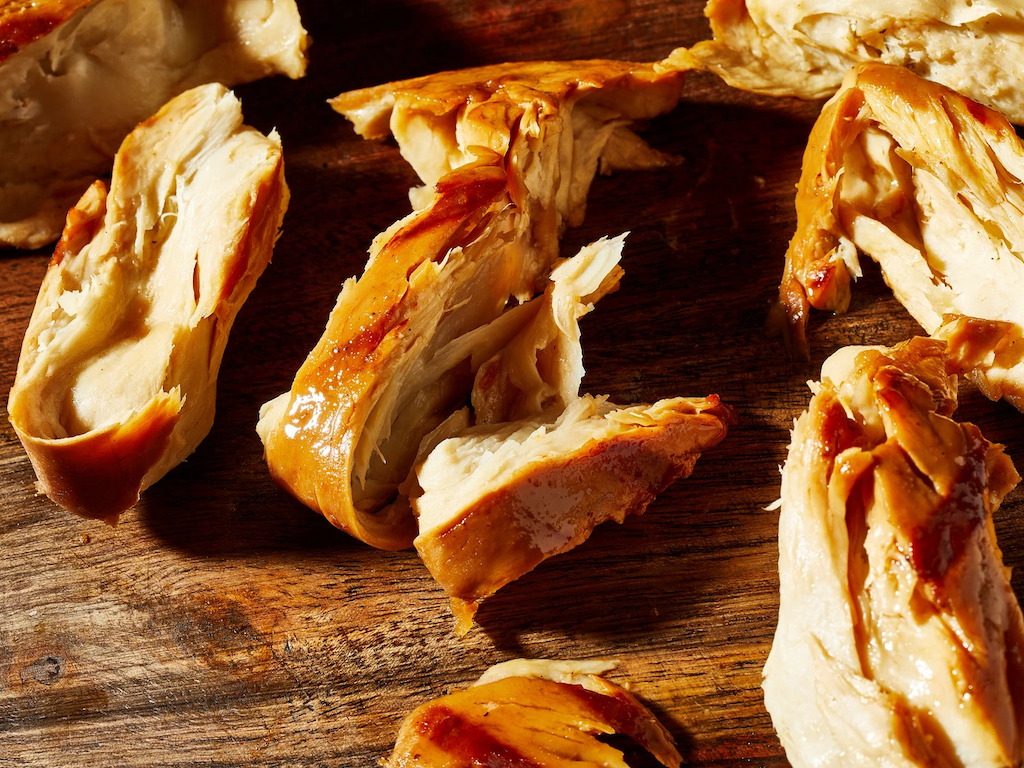5 Mins Read
It’s been a whirlwind year for the alternative protein industry. That’s why we’re taking a look back on some of the biggest headlines of 2022, spanning across the globe. Here, we review what the cultivated meat sector brought to the table, from major funding milestones to product launches.
1. Upside Foods earns GRAS status
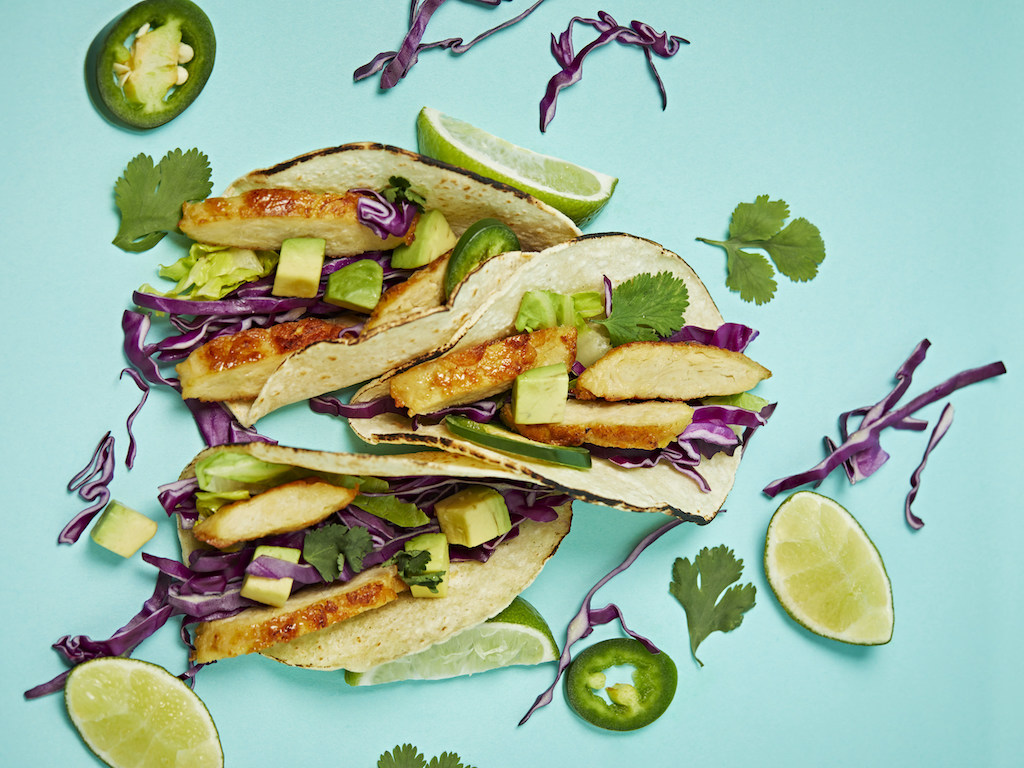
California-based cell-based chicken maker Upside Foods received the milestone GRAS status from the FDA this year. In November, it became the first U.S. company to obtain the “No Questions” letter from the authorities to deem its products safe to eat. It’s a big deal for the cultivated industry, with this move seen as the first step towards gaining regulatory approval for producers to sell to consumers directly in the country for the first time. The announcement comes just short of a year after Upside acquired cultivated seafood startup Cultured Decadence.
2. First-ever cultivated yogurt becomes a reality, thanks to Wilk
In a global first for the sector, Israeli food tech startup Wilk says it has developed yogurt using cell cultures derived from human and animal milk. The yogurt product, released in November, contains cell-based milk fat that rivals the nutritional benefits of conventional dairy-based milk fat.
3. Cultivated chicken gets served at COP27…then sold at a butcher shop
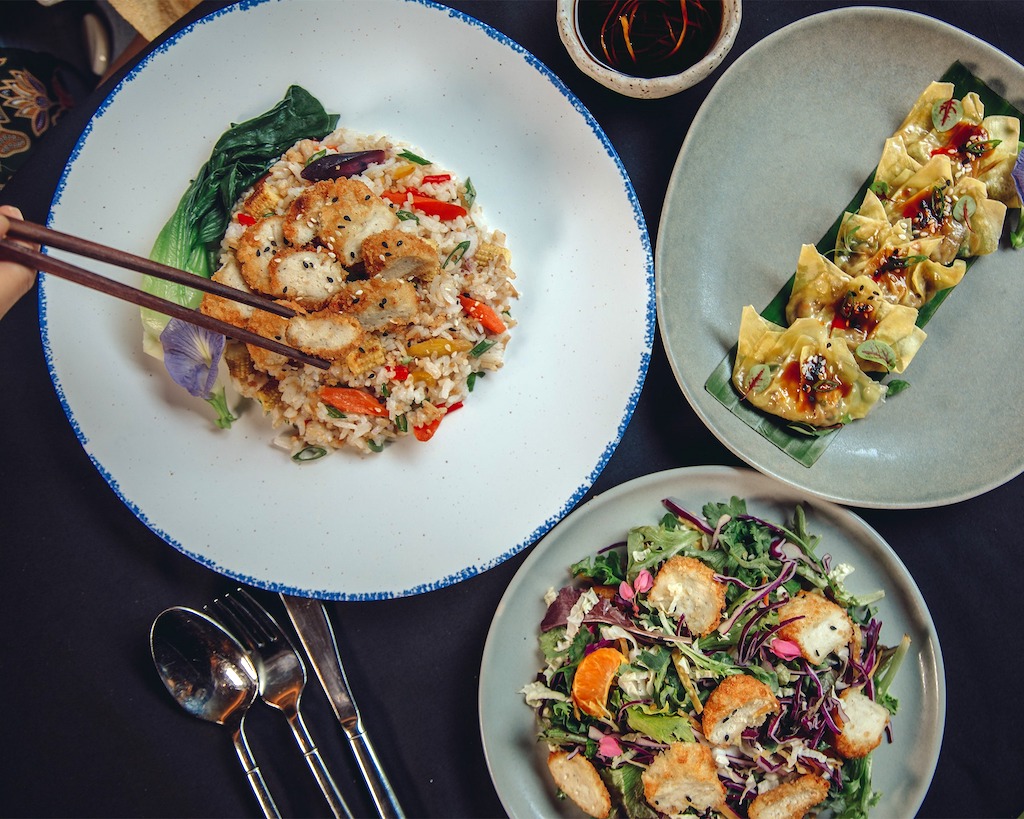
With the sustainability of our food system a subject of focus at the United Nations COP27 summit this year, cultivated chicken was served up for the first time. Guests at the event, which took place in Egypt in November, got a taste of Good Meat’s real chicken meat grown directly from cells. Good Meat is the cultivated protein arm of San Francisco-based Eat Just, the brand known for its plant-based JUST Egg product. Weeks later, Good Meat’s cultivated meat, which evolved from a nugget format last year to now a satay chicken skewers (and soon, even chicken skin), landed on the bistro menu and display case at a Singapore butcher shop for the first time.
4. APAC agrees on ‘cultivated’ nomenclature
Perhaps the alternative protein nomenclature wars have come to an end–or at least in the cultivated meat world. In APAC, cell-based food producers came to an agreement that the preferred English-language term would be “cultivated”. Those who signed the memo in October include the Good Food Institute’s (GFI) regional arm, as well as over 30 other major stakeholders in the category, from Cargill to the APAC Society for Cellular Agriculture. While terms such as “cell-cultured” and “cell-based” have been previously been touted as the top terms to describe this sector of alternative proteins, the GFI has long been a proponent of the word “cultivated” since 2019.
5. Africa welcomes its first cultivated beef burger
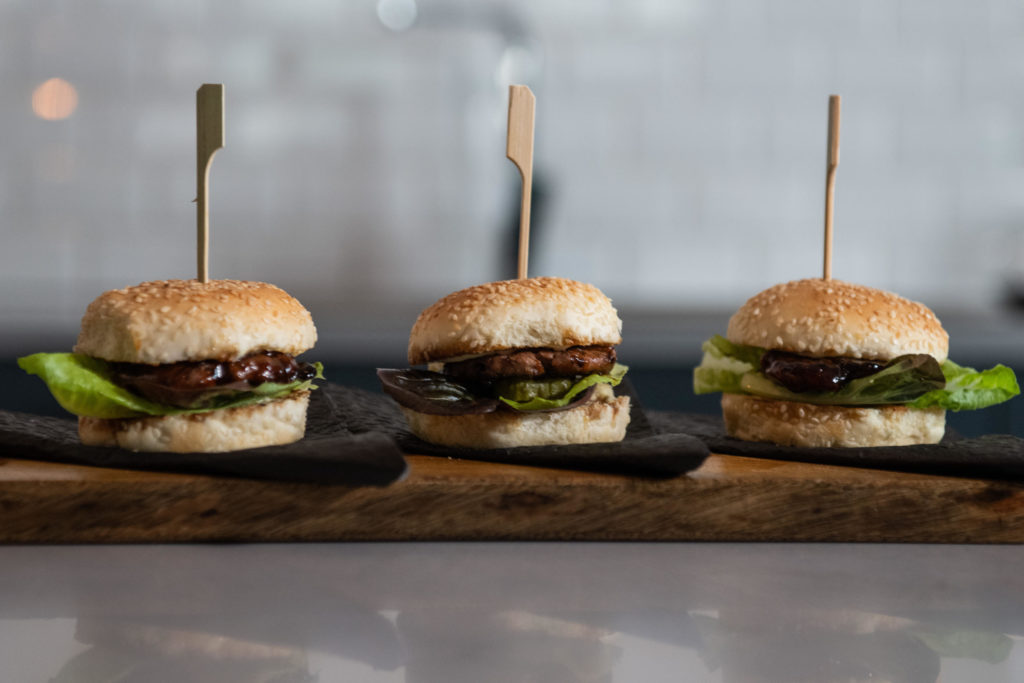
In April, we saw cultivated beef land in the African continent for the first time. South African startup Mzansi Meat launched its first cell-based burger, serving it at a special event to Cape Town’s mayoral committee member Alderman James Vos. Other African startups racing to bring their cell-based meats to the table include chicken-focused Mogale Meat and Sea Stematic, which has its eye on seafood.
6. Governments around the world formally back cultivated meat
Cultivated meat got a big boost from governments around the world. From the €60 million investment made by the Dutch authorities to Israel’s go-ahead for the country’s cultivated meat consortium, it’s clear that states are finally seeing the sector as a promising solution to global food security and sustainability. Global superpowers are on it too. The Biden administration gave huge backing to the biotech industry, which was largely seen as paving the way for cultivated meat regulatory approval. Meanwhile, China’s 5-year plan specifically included cell-based protein for the first time, which certainly boosted investment sentiment for players like CellX, a Shanghai cell-ag firm that bagged $10.6M in its Series A this year.
7. Vow to become world’s second approved cultivated meat brand in Singapore
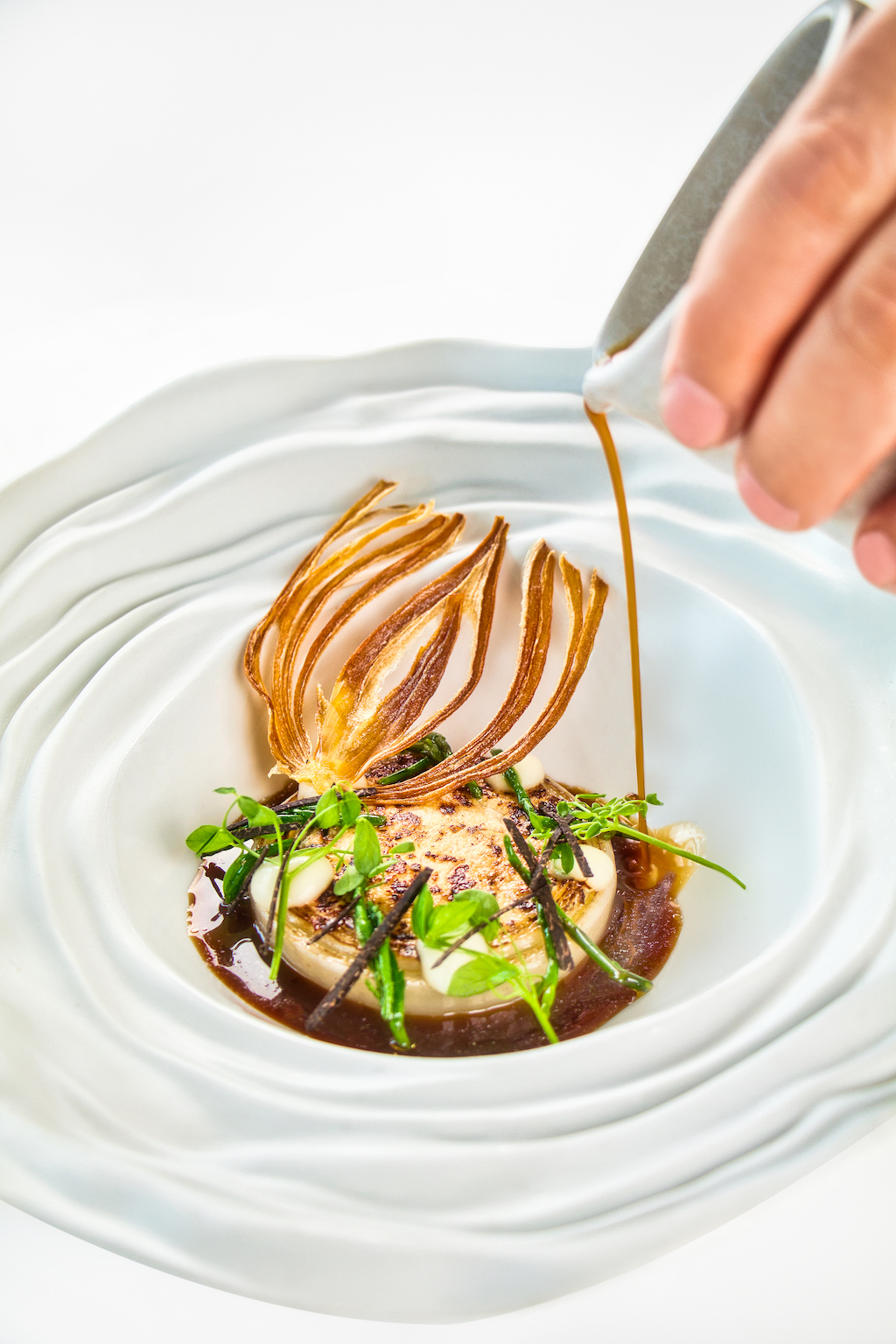
Australia’s Vow revealed it will soon gain regulatory approval from Singapore to sell its cultivated quail meat. The announcement was made as the food tech sets a record with its $49.2M Series A funding, which came soon after it opened one of the world’s largest cultured meat factories capable of churning out 30 tons per year. The factory joins the strong league of cell-based producers that turned its machines on this year, from Ivy Farm’s plant in the U.K. (which is Europe’s largest), and Asia’s biggest facility in Singapore spearheaded by Good Meat.
8. Cultivated food ecosystem get organized across the globe
In October, three of the world’s biggest cultivated food industry associations hosted a meeting in Singapore. The first-of-a-kind alliance is made up of U.S.-based Alliance for Meat, Poultry, and Seafood Innovation (AMPS Innovation), Cellular Agriculture Europe (CAE), and the APAC Society for Cellular Agriculture (APAC-SCA). Together, these societies hope to get ecosystem stakeholders together to speed up the process of creating a global regulatory framework, time to market and educating consumers about the welfare benefits and sustainability solutions the industry has to offer. The latter was founded by 11 companies across the Asian region, which only just launched in March this year.
9. 2022 is a year of firsts for cell-based product launches, from smoked duck breast to fish balls
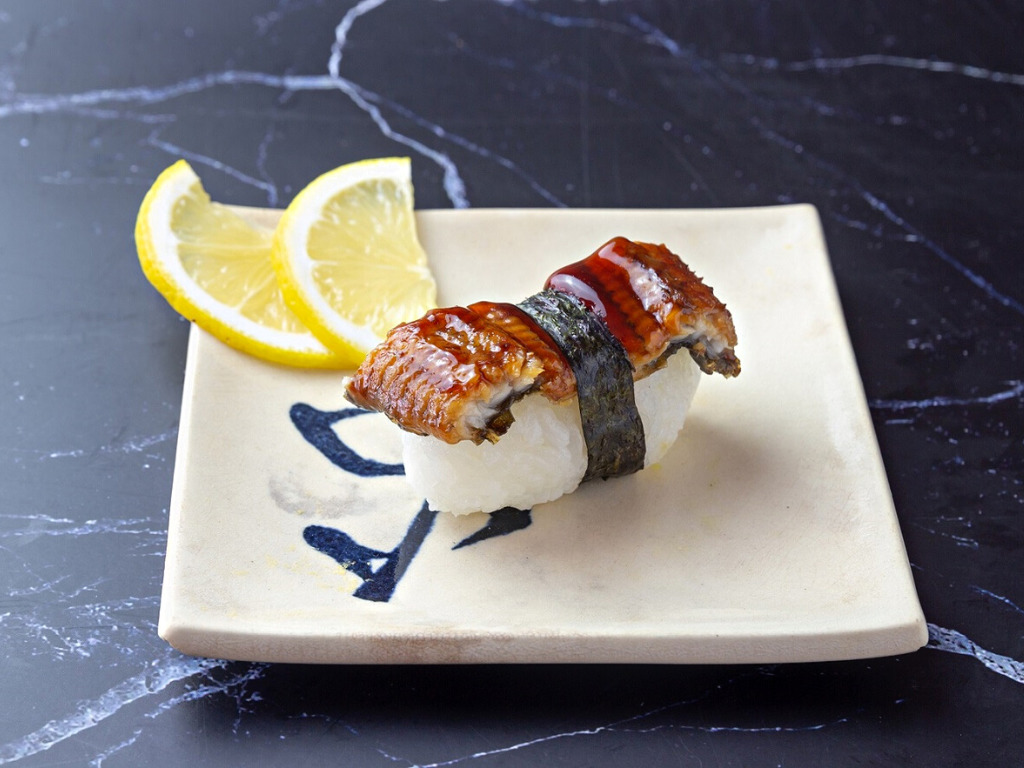
2022 marked an incredible year for cultivated protein product rollouts. Some of the major ones include Meatable, which is set to launch cell-based pork in Singapore by partnering with the city-state’s contract manufacturer ESCO Aster, Meatiply’s regional-first cultivated smoked duck breast, and Israel-based Future Meat’s ground lamb meat. There’s also Umami Meats’ fish balls, Forsea Foods’ eel, and Joes Future Food’s pork belly for its pork-loving domestic market–all cultivated directly from cells. Even cell-cultured fish fat is now a thing, thanks to ImpacFat.
10. Foie gras makers Gourmey bag record funding
Finally, French startup Gourmey made headlines for closing a record-breaking €48M Series A in October. The oversubscribed round will go towards making its culinary-grade cultivated foie gras a reality by building a 46,000-square-foot commercial production facility in Paris, due to open in 2024.
Lead image courtesy of Good Meat.

